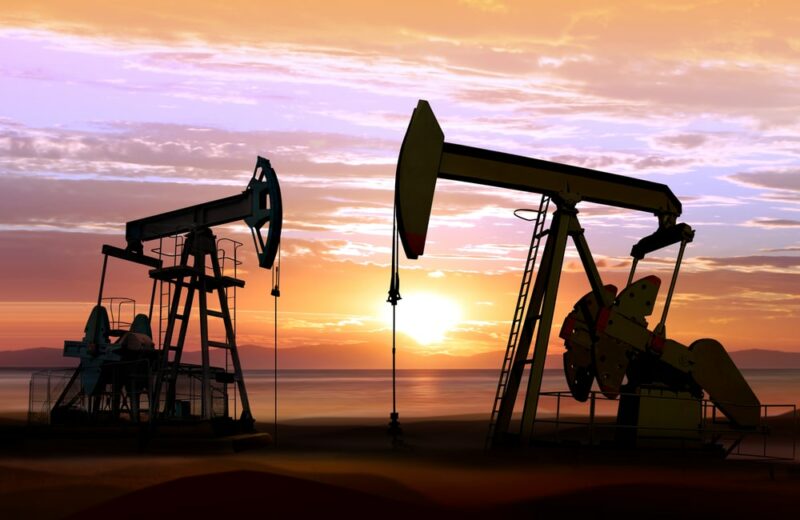A blast of frigid Arctic weather has crippled the oil and gas industry in Texas, sending the price of crude to the highest price seen in over a year. The price of WTI (West Texas Intermediate) crude breached $61 a barrel, the highest level in 13 months after the current cold snap knocked out about half of the supply in the Texas fields.
As a result, the price of gasoline has risen, and the price is bound to go up more as the week progresses. S&P Global Platts, the leading provider of benchmark prices and analytics for the oil and gas industry, estimates that upwards of 3 million bpd (Barrels per Day) of oil output have been affected.
One of the world’s largest known oil field, the Permian basin, is currently operating at well below half its normal output. Oil from the Permian basin accounts for more than 25 percent of the total oil supply in the U.S.
Texas Remains in the Grip of Frigid Weather
As frigid temperatures continue their grip on Texas, authorities continue their struggle to bring power generation back online days after the blackouts started. As of mid-week, the crippled power grid has caused over 3.3 million outages, leaving much of the state cold and dark.
The ERCoT (Electric Reliability Council of Texas) is the grid operator. A spokesman has stated that 46GW of electric power generation remains offline, a slight improvement over Tuesday. Officials of ERCoT said to expect continued blackouts for a couple of more days.
Many homes in Texas have been without power and heat for days amid the cold snap. Texans have been seeking refuge with friends, neighbors, and family. Some have been sheltering in their vehicles, while others are holed-up in “warming centers,” large facilities such as convention centers and churches that continue to have power and are welcoming those who don’t.
The Texas governor, Greg Abbot, is facing a serious political backlash as a result of the power problems. He is calling for an investigation into the handling of the current crisis by ERCoT. The governor has described ERCoT as “anything but reliable.”
Lack of Investment
The deep freeze has hit energy markets in the state hard. Texas is not only the nation’s largest producer of oil and gas; it is also the largest consumer of electricity. It is estimated that half the homes in the state are heated by electricity. The problem is exacerbated because many people continue to work from home because of the coronavirus pandemic.
Analysts and operators say that frozen equipment, frozen pipelines, and impassable roads are delaying repairs. Frigid temperatures are nothing new to the industry. It operates reliably in frigid climates around the world. However, the majority of producers in Texas have not provided protection for their equipment for sustained sub-zero temperatures.
Although the problem is of mammoth proportions in Texas, gas production in the country has suffered. Production wells and pipelines have frozen, and supply has dropped by an estimated 17 billion cubic feet a day, mostly due to the problems plaguing the industry in Texas. According to HIS Markit, a leader in analytics for major industries, the problems in Texas have forced at least 20 percent of the total gas output in the country offline.
The loss of a reliable supply of natural gas has been a major contributor to the state’s continued loss of power. The sharp drop in supply has forced generators powered by natural gas to go offline, resulting in a further loss in supply. Bill Magness, CEO of ERCoT, stated that getting resources back into the grid is the solution.
Benchmark Gas Price Up
Since the start of the storm last weekend, the gas price benchmark has gone up 15 percent. The current Henry Hub spot price has risen from $2.91 per MMBtu a week ago to $3.68 MMBtu a week later.
Regional prices in Texas and Oklahoma are seeing more extreme price increases due to supply disruption. For those producers who continue to operate, this increase is a boon.
WeInvests is a financial portal-based research agency. We do our utmost best to offer reliable and unbiased information about crypto, finance, trading and stocks. However, we do not offer financial advice and users should always carry out their own research.
Read More













